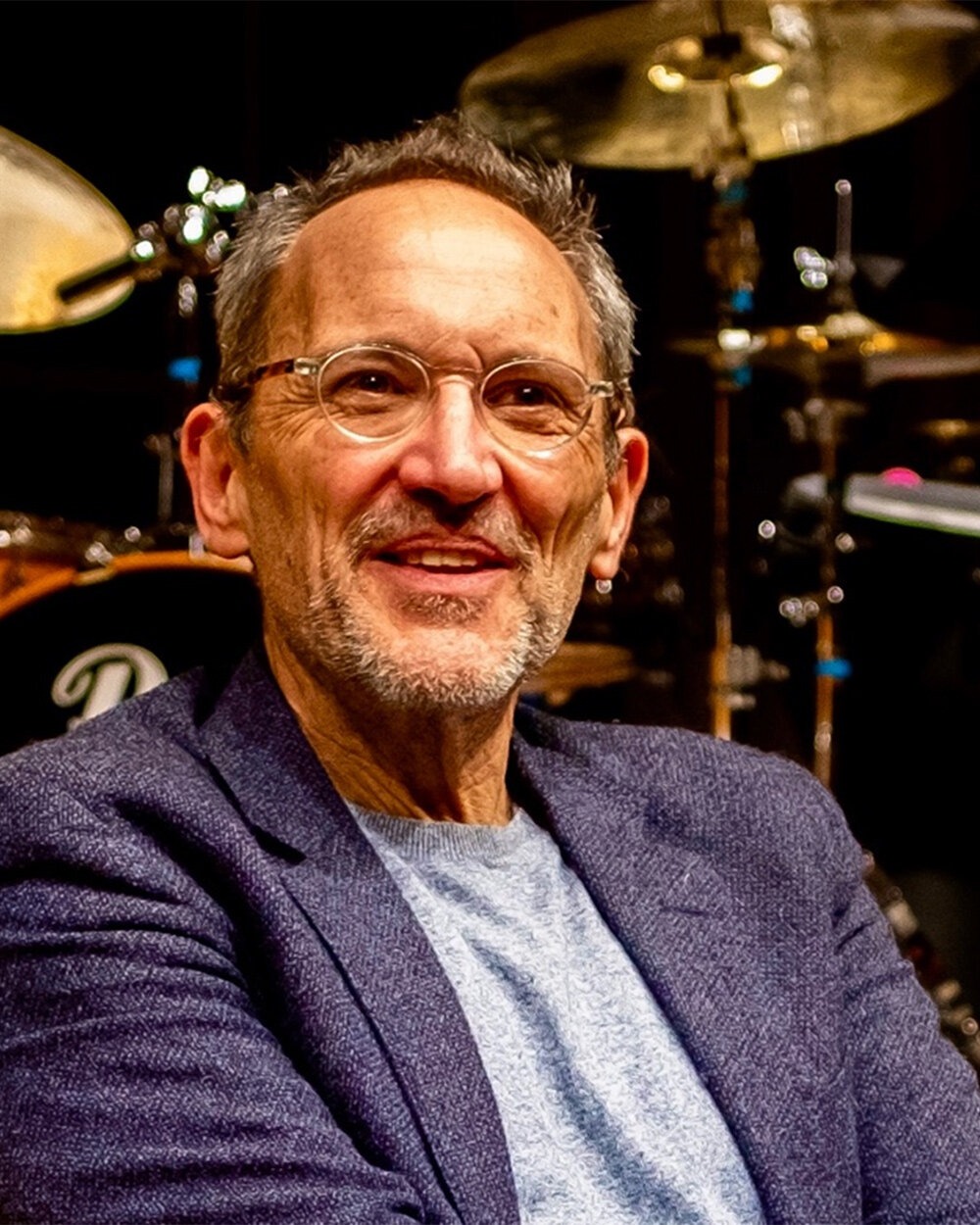From the Gateway Chamber Orchestra
With Golijov’s ‘La Pasion’ Gateway Lifts Every Voice in Clarksville
On March 19-20 Gregory Wolynec brought his Gateway Chamber Orchestra (GCO) to the beautiful Mabry Concert Hall at Austin Peay State University in Clarksville to perform the rarely heard La Pasión según San Markos (The Passion According to St. Mark), composed in 2000 by Osvaldo Golijov. This epic work needs to be experienced live; it is a multivalent, intertextual work sung in Spanish and Aramaic,

featuring a score that combines instrumental, choral, song, dance, and dramatic expressions in several Latin, African, European popular and classical styles performed by over 54 voices (with 8 soloists) a battery of percussion instruments and a small orchestra. In an amazing evening, the GCO gave an astonishing performance of this captivating and inspiring music.
Golijov composed the work as a result of a request from the Internationale Bachakademie Stuttgart in 1996, seeking to commemorate the 250th anniversary of the great German composer Johann Sebastian Bach. He initially conceived it to pay homage to Bach’s St. Matthew Passion. However, Golijov chose to depict … “a Jesus that is as true as Bach’s but has so far remained for the most part unheard […] a dark Jesus, and not a pale European Jesus” setting “Jesus’ last days on earth seen through the Latin American experience and what it implies.” Of course, Golijov’s work is part of a broader expression of the spell that J.S. Bach has held over contemporary Hispanic composers–Heitor Villa-Lobos’ collection Bachianas Brasileiras are just one famous example.
Golijov’s Passion is set in 34 movements grouped into two parts, roughly divided before and after the arrest of Jesus by the Romans. He creates cyclicity, unifying separate movements and parts, from the outset by incorporating musical reminiscences of the crucifixion in the opening Visión: Bautismo en la cruz (Vision: Baptism on the Cross). The style of this movement, along with the second movement, is Latin inspired, but largely in Golijov’s advanced quartal language electrified by extensive syncopation and inventive orchestration. Golijov’s orchestral genius, (demonstrated early by the electronically enhanced accordion and the quaking strings of the first movement), and Wolynec’s inspired maintenance of balance were the headline of the movement, allowing the piano (Stephen Kummer) and guitar (Chip Henderson) to support without drowning out the berimbau (a Capoeira instrument) at the front of the stage. Paciencia, the dancer playing the berimbau and dancing Capoeira (with just a touch of break) showed a remarkable charisma throughout the evening. As the Fisherman, and several other roles, Reynaldo Gonzalez Fernandez also deserves special mention for his vocalizations and captivating portrayal of Christ.

As demonstrated by his employment of Capoeira, with its place on the boundary between fighting and dancing, the styles that Golijov incorporates into his work are consistently employed in ways that apply their original function. Another example is in the three Announcements (Numbers 3-5). All feature a Batá ensemble (a three drum percussion section common from in the Santeria practice) played extraordinarily well by principal Mikael Ringquist, Marcus Santos and David Steinquest. Indeed, along with Joshua Graham and Joshua Hermantin, the entire percussion ensemble displayed an unimaginably diverse knowledge of styles and instruments throughout the evening. Here, the three numbers of the Announcements lead through a section that seems to connect to the African storytelling drum tradition and leads back to the Santeria inspired sound before finally climaxing in a mesmerizing, improvised, “storm” for the Batá drums. It is worth noting that Golijov’s collage of genres (Santeria, Capoeira, Flamenco, Cuban son, Samba, Gregorian chant, etc etc) are no less meaningful than Bach’s Arias, Recitatives and Choruses. Each in its own way becomes a culturally significant post-modern expression of the underlying text of Christ’s passion.

Soloists Luisana Rivas and Penelope Shumate each brought a differing, yet equally powerful presence to the stage. Rivas, particularly in the flamenco inspired 13th number “Quisiera Yo Renegar (Aria de Judas)” sang with a heart-rending expression from her softly dark but quite resonant voice. Penelope Shumate, in the next number, “Eucaristia,” carried a lighter, stoically graceful soprano that soared above the women’s section of the choir that accompanied her.
Drawn from the Gateway Chorus, soprano Ninfa Garcia’s performance in the 8th number was downright riveting while tenor Giulio Garner coupled a very personable stage presence and a beautiful, trumpeting tenor. Douglas Rose and Wolynec’s chorus was immaculately prepared for the evening with precise intonation and a marvelous, blended diction. While the drama required the chorus to often carry a serious countenance, one could tell from their sparkling eyes that they were both prepared and enjoying themselves. My favorite numbers were the last two, “Muerte” and “Kaddish” the latter of which is a Jewish prayer of mourning that is not typically included in the Passion story. In these numbers the percussion has undertaken a minimalist tone when it eventually drops out. The piece ends with a chilling “amen” sung softly by the entire choir arriving at a modal resolution in a major key. Silence filled the hall for nearly a minute before the audience leapt to their feet in ovation. In all, there isn’t nearly the space here to describe the many innovations of Golijov’s score, from the bullfight (No. 27) to the blank score pages (No. 21). There is just too much to discover in what may be fairly described as the first masterwork of the 21st Century. GCO deserves accolades for bringing it to us!
One of the things that I like most about living in the Music City is the abundance and diversity of musical styles that one can hear on any given night. The Nashville Symphony has long had a well-deserved reputation for being a proponent of contemporary classical music and on this very night they presented an “Evening of Firsts.” However, the ticket of the evening, indeed of the season so far, was for a concert the GCO held in this beautiful little hall in Clarksville, with too many empty seats. The Gateway Chamber Orchestra returns (to Clarksville and Franklin) on April 23-24 with Gustav Mahler’s Symphony No.2 “Resurrection.” Tickets are available online here: https://www.gatewaychamberorchestra.com/tickets



